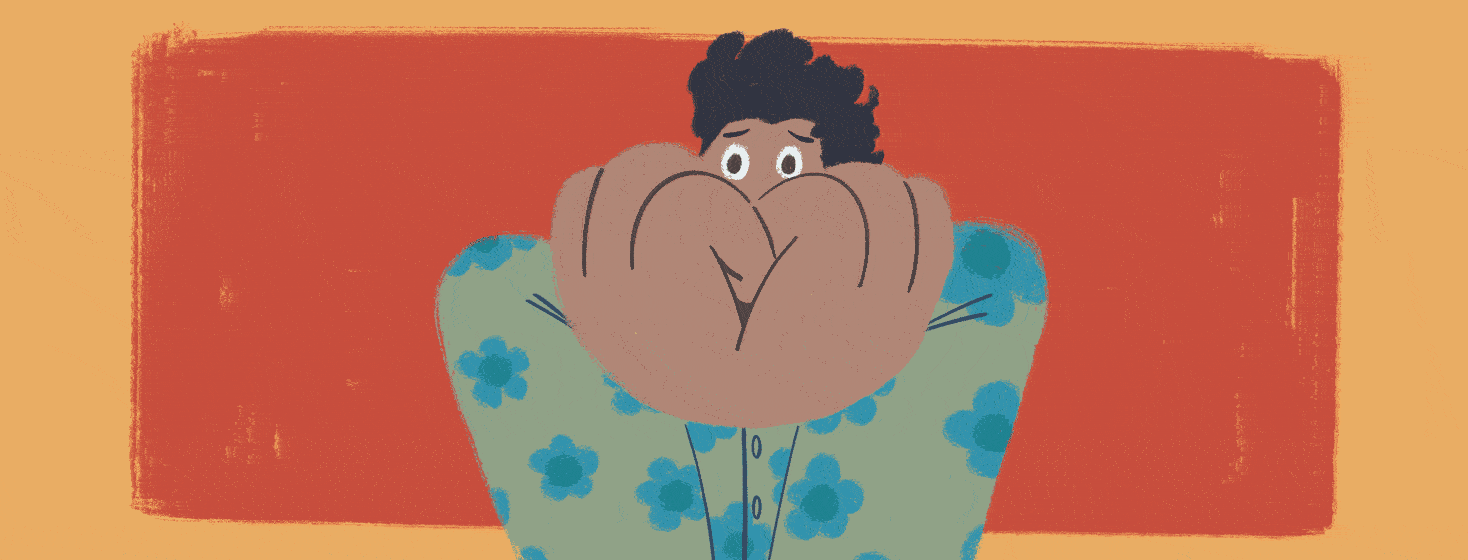When Panic Sets in After a Prostate Cancer Diagnosis
Have you ever been on a fast moving roller coaster going 70 plus miles per hour, twirling, turning, and going upside down? You can’t predict each twist or turn. Or have you ever woke up late for work? What you were planning to wear seemingly doesn’t fit anymore. You finally find something to wear and suddenly your keys are not in the place you put them the previous night. Your daughter gives you a permission slip she needs signed for a school field trip. The morning she presents it to you, you are already running late for work. I think it is safe to say that you experience panic.
What is panic?
Panic can be defined as a sudden feeling of fear that presents unreasonable thoughts and actions. Panic sets in when we became fearful for the unknown. The future seemed questionable.
How would the health of my dad and his prostate cancer look? How would it affect the dynamics of our family? Would we still be able to take family vacations? Panicking for me felt like my heart was beating out of my chest. I sweated profusely even when it was cold. I barely could sleep, and I couldn’t turn my mind off from the worst case scenarios. Something as simple as the terminology of "cancer" or "caregiver" triggered me.
Featured Forum
View all responsesFeeling on edge whenever the phone rings
Naturally, if panic sets in at home in your personal life, some form definitely will present itself in your work life. I was at work. It was a Tuesday afternoon. I remember teaching science because we were doing an experiment using food coloring and milk. My phone rang, and my sister’s name appeared across the screen. My heart began beating fast, and I began to hyperventilate. I hadn’t even picked up the phone, but panic set in.
I wasn’t sure about the nature of her call, but I was scared about what it could have been. My sister was calling to tell me she was on her way back to Atlanta with my nephews. Whew, what a relief, I thought. I constantly found myself being on edge every time the phone rang. I was scared that I would get a call about my dad.
Open to support from others
Often, society tells us to be private and keep what’s going on in our lives to ourselves. As a full time employee and prostate cancer caregiver, I found that because I made my coworkers and boss privy to my responsibilities, they were some of my biggest supporters. I even found that one of my coworkers went through something similar with her mom a few years prior.
Why is this important? It’s key to your career and caregiving journey because you never know the impact others can have on you and your life if you do not open up and allow yourself to be vulnerable. You don’t have to divulge your entire life story, but you can allow yourself to be human. It goes along with a saying my mom and dad used to say to me. "You can’t receive it if your hands are always closed."
Part of the grieving process
In summary, panic is a natural part of the grieving process. It can rear its head in many ways at different times. I experienced it often when my dad was diagnosed with prostate cancer. I found that taking deep breaths while counting to 10 helped, thinking about memories that made me smile helped, and support groups helped. It is okay to seek refuge from panic in ways that help you cope. Allow yourself to seek help and be vulnerable to the ways that can help and benefit you.

Join the conversation